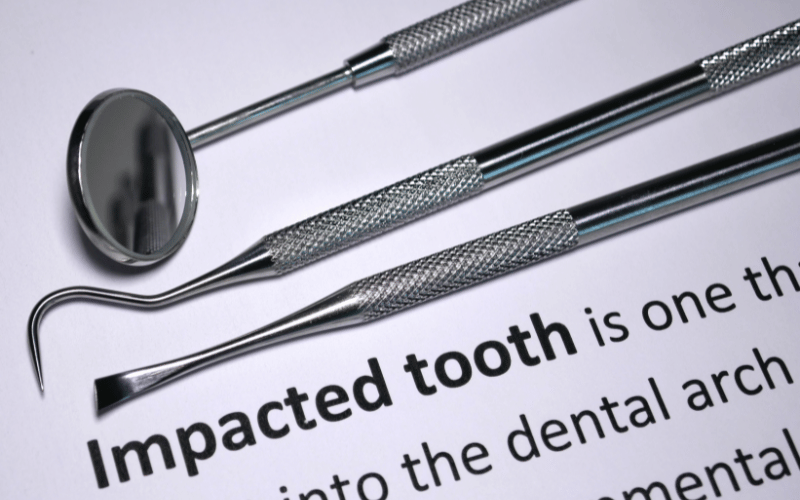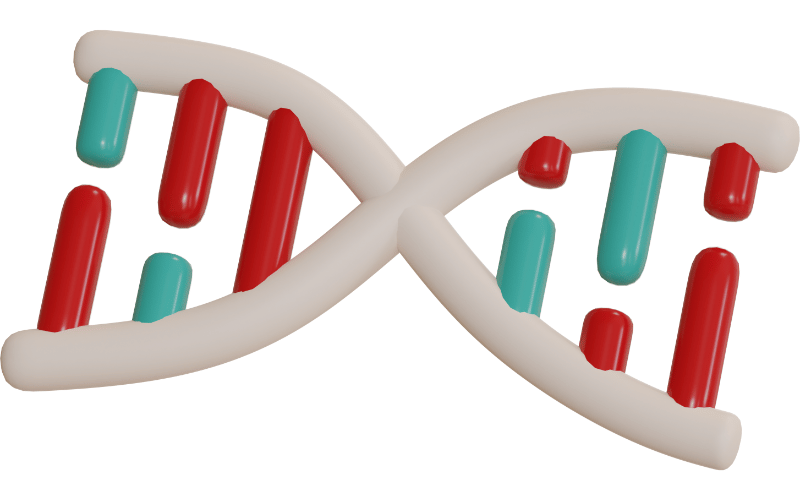Introduction: Unveiling the Intricacies of Impacted Teeth
Impacted teeth, a common yet often misunderstood dental issue, affect a significant portion of the population. Typically emerging during the late teenage years or early adulthood, these are teeth that fail to fully erupt through the gum line, leading to a range of potential dental complications. The most commonly impacted teeth are the wisdom teeth, also known as third molars, but impaction can affect any tooth.

The reasons behind tooth impaction are varied and complex. Factors such as insufficient space in the jawline, abnormal tooth growth patterns, or hereditary traits can contribute to this dental predicament. Recognizing the symptoms early, which can range from mild discomfort to severe pain, is crucial for effective treatment and prevention of further oral health issues.
Addressing impacted teeth is not merely a matter of resolving current discomfort; it’s also about preventing future dental complications. Left untreated, impacted teeth can lead to problems such as tooth decay, gum disease, and even the misalignment of surrounding teeth. Therefore, understanding the implications and treatment options for impacted teeth is vital for maintaining overall dental health.
In exploring this topic, we’ll delve into the causes, symptoms, and treatment options for impacted teeth. We aim to provide valuable insights and practical advice to help you navigate this common dental challenge. Whether you’re personally affected by impacted teeth or seeking knowledge to support others, this article serves as a comprehensive resource for all things related to impacted teeth.
1. The Genetic Link to Impacted Teeth

Impacted teeth, a condition where teeth fail to emerge or develop normally within the jaw, can often be traced back to genetic factors. This familial tendency is most notably observed in the case of impacted wisdom teeth. Research has identified specific genetic markers that may increase the likelihood of tooth impaction. These markers influence various aspects of dental development, including jaw size, tooth size, and the timing of tooth eruption.
Genetics not only play a role in the likelihood of impaction but also in the complexity of the condition. Some individuals may inherit a predisposition for more complicated impaction scenarios, which can influence treatment approaches. For example, a patient with a family history of severe impactions might be advised to undergo preventive extraction of wisdom teeth, even if they haven’t yet caused issues.
Understanding the genetic basis of impacted teeth is crucial for early intervention. Dentists, armed with this knowledge, can anticipate potential complications and plan treatments accordingly. This proactive approach can lead to more effective management and, in some cases, can prevent the more severe consequences of impaction.
However, genetics are just one piece of the puzzle. Environmental factors and individual dental hygiene practices also play a significant role in the development and management of impacted teeth. Nonetheless, acknowledging the genetic component provides a more comprehensive understanding of this common dental issue, allowing for tailored treatment plans and better patient outcomes. (1)